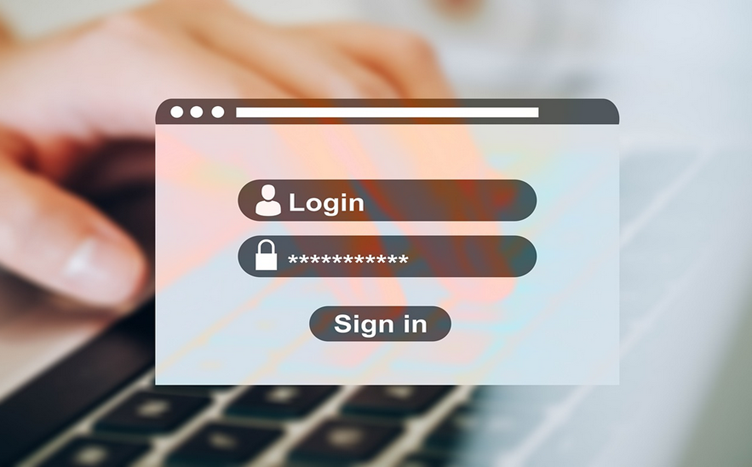Digital Identity in Gaming: Why Your Wallet Will Be Your Gamer Tag in 2025
0
0

The gaming industry continues to shift toward decentralized identity management solutions. Current players integrate blockchain-based avatars into their gaming activity as well as NFT gaming profiles and Web3 credentials.
Gamer identities based on screen names and profiles and cross-platform capabilities have experienced change yet still have existing challenges. Users face security risks and data exposure because they remain restricted to platform boundaries. Blockchain wallets will change that.
They unite digital payment records with social networking functions and game performance statistics under one account type. Players will own their data, which could be moved across games without losing assets or reputation. The question isn’t if this shift will happen, but when. Keep reading to know why your wallet will be your gamer tag in the nearest future.
The Rise of Decentralized Identity in Gaming
Most gambling websites require the standard sign-up procedures which you already follow. The platforms request individual information. For example, Bodog Casino site ensures a secure registration and enhances player privacy through encrypted transactions and advanced authentication measures. As a well-established platform, it offers a wide range of casino games, sports betting, and poker, attracting players who value both entertainment and security.
Two-factor authentication becomes more secure when this method is implemented. However, decentralized identity changes the game. The new system provides better and more protected methods to demonstrate your identity by removing the need to share personal information.
Blockchain Wallets as Identity Hubs
Blockchain wallets bring more benefits to users than basic cryptocurrency storage capabilities. It’s a digital identity system. The digital asset ownership of users is verified through cryptographic keys, which wallets such as MetaMask and Phantom maintain.
Players can access NFTs and game tokens and multiple platform logins using these tools. The wallet functions as your exclusive authentication method because it serves as your primary access key.
Immutable Cross-Platform Profiles
In contrast to Xbox Live and Steam platform accounts that link gamer tags exclusively to their services, blockchain identities function as portable digital identities. Take Ethereum Name Service (ENS) as an example.
It provides players with easily understandable wallet addresses instead of requiring them to use complex cryptographic hash strings. ENS has proven itself as a strong identity solution that continues to gain wider acceptance throughout the market. The Ethereum Name Service (ENS) price prediction for future years provides insight into its development of the blockchain ecosystem.
Why Wallets Will Replace Traditional Gamer Tags
Gaming IDs are changing. Players will maintain possession of blockchain-based identities instead of platform-managed usernames. Why? The ownership of wallets grants absolute control to players. Let’s break it down:
- Portability and Ownership. Players move their skins as well as their tokens and their reputation between different gaming platforms. In contrast, the digital items found in Axie Infinity or Star Atlas serve as essential parts of how a player presents themselves across different virtual environments;
- Security and Anonymity. Wallets allow pseudonymous interactions. While players maintain their anonymity, blockchain records display all their transaction data in a way that remains fully verifiable;
- Monetization and Community Building. The wallet functionality supports direct payments and tipping functions together with in-game sponsorships. Through DAOs, gamers can participate to vote on game development decisions using the wallets.
This shift is happening now. The key issue at present is your preparedness for this trend.
Possible Challenges and Ethical Considerations
The adoption of blockchain wallets as gaming identity solutions comes with various technical, legal and ethical obstacles. Multiple issues present themselves when making this transition. Let’s break them down:
- Technical Barriers. Gas fees make transactions expensive. Wallets create confusion among users who do not understand cryptocurrency. The passwordless login solutions such as Magic Link assists users but the sign-up process requires further simplification;
- Regulatory Uncertainty. The implementation of KYC and AML regulations does not always apply to blockchain gaming systems. Age restrictions are another issue. The absence of traditional ID verification poses a challenge for platforms when they attempt to ensure responsible gaming practices;
- Privacy vs. Transparency. Blockchain is public by design. Transactions can be traced. Accountability benefits from this approach yet players surrender their privacy rights. Several users will disapprove of the trade-off.
Future Scenarios: Wallets as Identity Gatekeepers
Gaming will change. People will use wallets to manage their collection of VR avatars, AR items and all in-game collectibles. For instance, the MetaMask wallet system could serve as storage for Fortnite skins as well as Decentraland land and Roblox items. No more separate accounts. One wallet, one identity.
Web3 gaming will disrupt established gaming platforms through its revolutionary approach. Xbox or Steam will integrate wallet login authentication. Maybe. Player retention will decrease for the company if it fails to implement wallet-identity integration. The existing blockchain games have developed free asset trading capabilities. Big gaming enterprises will probably be forced to adapt to this trend.
0
0
 Manage all your crypto, NFT and DeFi from one place
Manage all your crypto, NFT and DeFi from one placeSecurely connect the portfolio you’re using to start.






